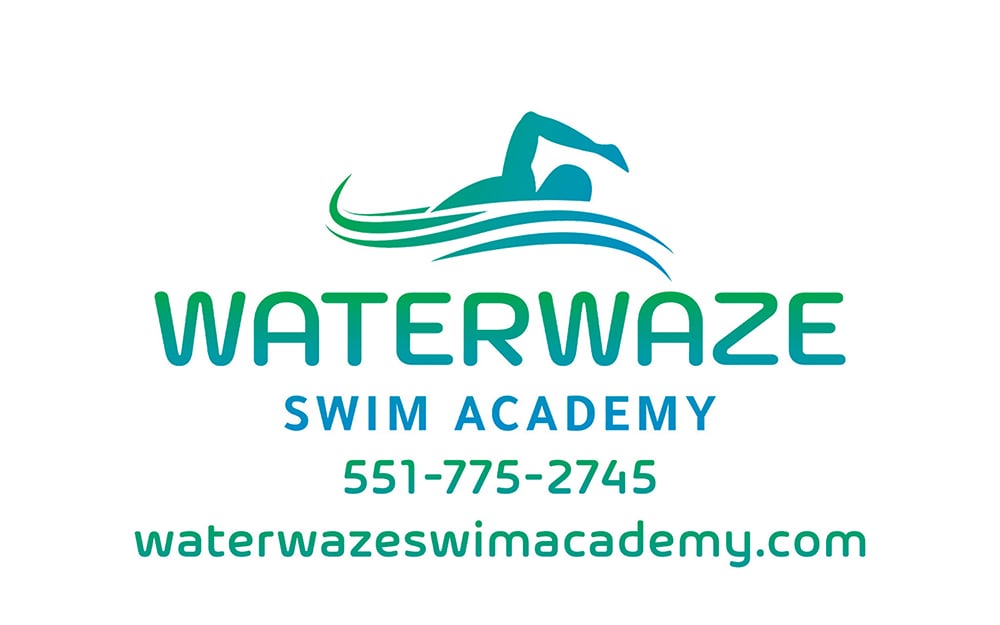
One of the benefits of living in Rockland County is how accessible pools are. Many of us have friends or neighbors who are willing to share. Maybe you’re not lucky enough to know the ‘right people’, but still get invited to pool parties or go to the bungalow colony for the weekend. Practically every camp offers swimming on a daily basis, and many have seasonal trips to waterparks. Swimming is a great activity that provides fun for the whole family. It offers numerous benefits, including sensory input, muscle tone and strengthening, and helps with focus. The problem is that drowning is the sixth leading cause of death worldwide for children aged 5-14 years. Statistically speaking, if you both own a gun and have a swimming pool in the backyard, the swimming pool is about 100 times more likely to kill a child than the gun is. Every year in the United States, there are over 4,000 fatal unintentional drownings. Having been in the industry for over 15 years, Waterwaze Swim Academy has made it our goal to train parents, therapists, and educators in what to look for when hiring a swim instructor. Over the next few weeks, this column will address the 10 most commonly asked questions about swimming lessons.
What’s the best age to start swimming lessons?
Unfortunately, there’s no clear-cut answer to this, and as with many swimming-related questions, the short answer is that “it depends.” For example, I had a client who started lessons with her child at 5 months old because she had a pool in her backyard. Even with all the proper safety features in place, she knew that most of their summer afternoons would be spent by the water and wanted to ensure that her child was safe in case something happened. Some parents start their kids at a young age for other reasons including sensory integration and increasing muscle tone. Parents tell us that as a result of swimming lessons, their kids have learned to focus better and listen to directions.
I took a training course in Portland, Oregon, where it was very trendy to sign up for infant swimming lessons as an extracurricular activity. Some questions to take into consideration when deciding how young you should start teaching your child to swim are: Do you have a pool, or exposure to a pool? How much time and money are you willing to invest? What are your goals? Do you want your child to be safe in deep water—or to have perfect strokes?
Another factor to think about is which camp you’re sending your child to and making sure to do research on their swimming program. The Department of Health only requires that camps provide one lifeguard for every 25 children. For older groups who are strong swimmers, this might be enough. But for young kids this ratio can border on dangerous. If your child is attending a camp with a large pool and minimal lifeguards, it’s imperative that they are deep water safe prior to the advent of the camp season.
Along a different vein, in order to end drowning, we need to make sure that all adults learn how to swim. That way, they will truly understand the importance of passing this life skill to future generations—something that is hard to comprehend if it’s something they themselves avoid out of fear or discomfort.
Next week we’ll talk about how many lessons it will take for your child to learn how to swim.
Stay wet and stay safe!
Swimcerely yours,
Zahava
Zahava Shapiro is the owner of Waterwaze Swim Academy, based in Monsey. At Waterwaze, we teach swimming to all ages, from 4 months to 99 years old using a gentle approach that prioritizes comfort over skill. Instructors are trained in Total Immersion, Infant Swim, and Swim Angelfish methods. Waterwaze swim instructors specialize in people who have been traumatized or affected by a negative experience with water. We believe every person is capable of learning how to swim. You can reach Waterwaze at 551-775-2745









